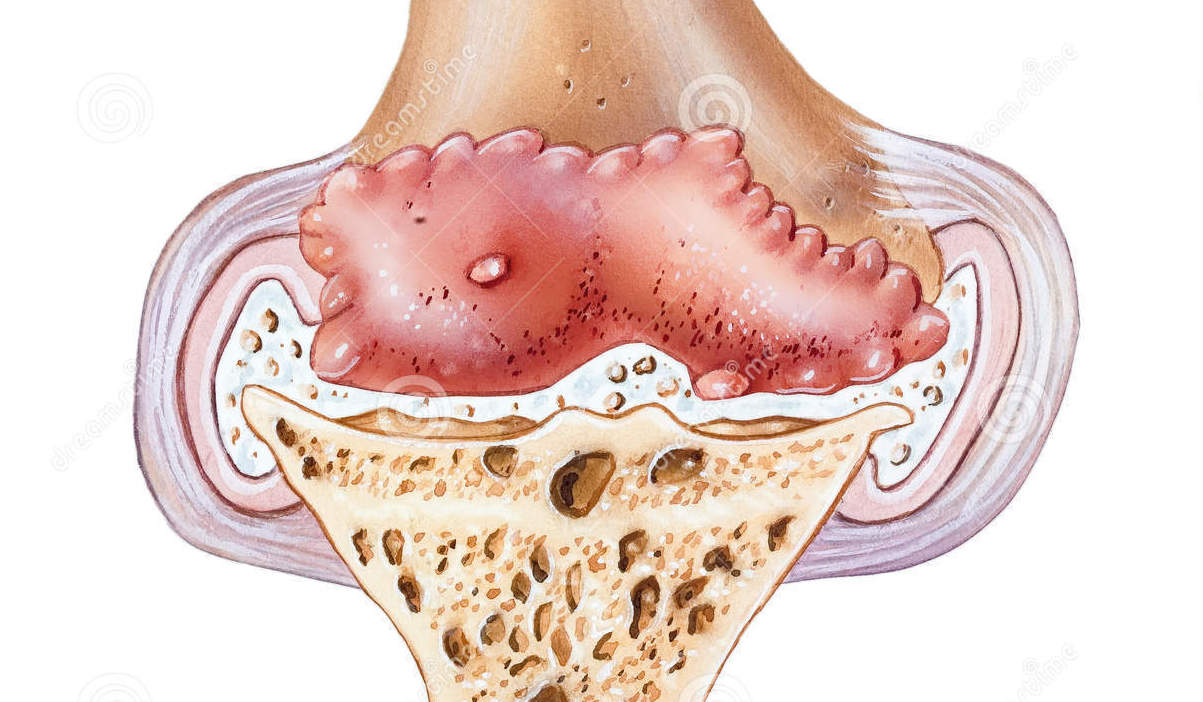
What is Advanced Osteoarthritis?
Osteoarthritis (OA) is a chronic degenerative disease. It causes damage to your joints, including those in your:
- Hands and fingers
- Knees
- Hips
- Lower back
- Neck
Treatment for OA focus on managing your symptoms. The disease can’t be reversed.
The progressive degeneration of OA has been classified into four stages. The first stage, with no joint damage, is called Stage 0.
Stage 4 is the most advanced and severe stage of OA. Here are some signs of stage 4 OA:
- Your cartilage is worn away
- The space between the bones in your joint is greatly reduced
- Your joint is warm and inflamed
- The normal lubricating fluid of your joint is decreased, although the joint may be swollen
- You have more bone spurs and bone rubbing against the bone at the joint
People with advanced OA have pain and discomfort moving the joint. The pain is often severe. It can be debilitating and prevent you from carrying out your daily activities.
How Quickly Does Osteoarthritis Progress to Stage 4?
The progression of OA depends on the severity of the disease at your diagnosis, the joints involved, and your general health. There aren't any drugs yet that can stop the deterioration. However, following a therapy regimen early in the disease can help slow the rate of degeneration.
Progression to stage 4 can take years or even decades. For very advanced OA, pain management and surgery or joint replacement may be recommended.
A review study found that OA of the knee progressed more rapidly in people who:
- Were older
- Had a high body mass index (BMI)
- Had more than one joint involved
A 2007 study noted that BMI affected the progression of knee OA, but not hip OA, although other studies have linked osteoarthritis of the hip and obesity.
What Are The Symptoms?
Pain and stiffness, especially in the morning, are the main symptoms of OA. If you have stage 4 OA, these symptoms can be severe and disabling.
Other symptoms include:
- Loss of flexibility in the joint
- Grating or crackling noise when you move the joint
- Bone spurs, which feel like hard lumps, around the joint
- Swelling around the joint
If your hands are involved, it may be hard to do things that require dexterity or grasping. If your knee or hip joints are involved, it may be extremely hard to walk, climb stairs, or lift objects.
If you are suffering from pain, please contact our office at (516) 419-4480 or (718) 215-1888 to arrange an appointment with our Interventional Pain Management Specialist, Dr. Jeffrey Chacko.













